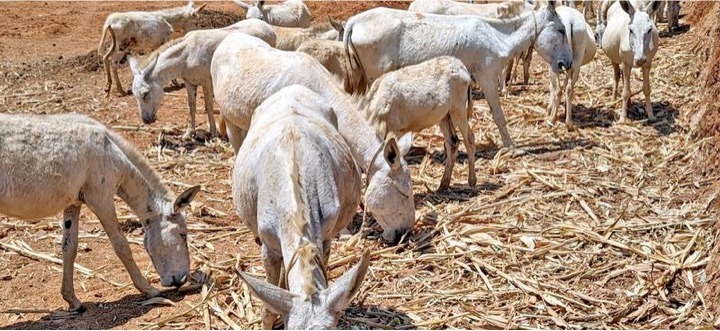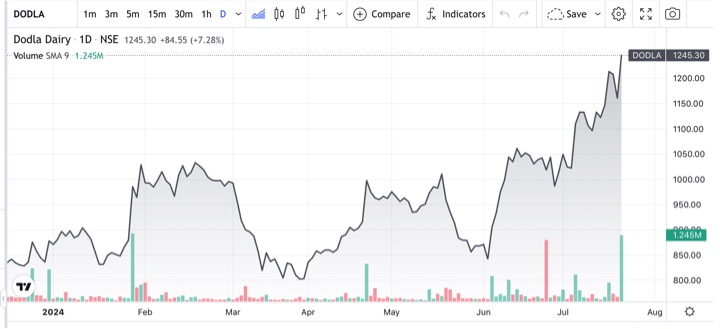Adjacent to the NHAI toll plaza in Kuderu mandal’s Jallipalli lies a sprawling 10-acre enclosure on which roam 28 donkeys, belonging to couple Tejaswini and Venkatesh.
Tejaswini, an engineering diploma holder, and Venkatesh, once a successful railway contractor, gave up their professions and invested ₹45 lakh into their business idea — establishing a farm to raise ‘Halari’ donkeys, a special breed known for its unique milk.
Ms. Tejaswini and Mr. Venkatesh are among a growing number of entrepreneurs to invest in donkey farms. In an interaction with The Hindu, the couple revealed interesting insights into the popularisation of the concept.
Huge demand for Halari
“Similar projects have come up in Nellore, East Godavari, West Godavari and in a few places in North Andhra. The investments are being driven by a growing interest in donkey milk, which is highly regarded for its supposedly wide range of health benefits. A litre of the donkey milk sells for close to ₹2,000,” Mr. Venkatesh says.
The ‘Halari’ breed enjoys a lot of demand due to its quality of milk, explains Mr. Venkatesh. “A Halari donkey aged between five and seven years commands a price of up to ₹1.50 lakh. We rear 28 donkeys, each of which produces nearly two litres of milk a day.
However, local demand is yet to pick up and we are trying to sell the milk to a procurer in Tamil Nadu, who has promised ₹1,200 to ₹1,500 a litre. Locally, a very small quantity of milk is sold via word of mouth as the Food Safety and Standards Authority is yet to certify donkey milk for commercial sale,” Mr. Venkatesh says.
“We spend close to ₹1.50 lakh a month on the maintenance of the animals, under the supervision of a man from Gujarat who is an expert in the field and advises donkey-rearers all over the country,” Ms. Tejaswini says.
Some have experimented with infusing this milk into other dairy products. While donkey’s milk does not have a distinct taste, it might become a new rage in the State similar to the demand for emu milk witnessed a few years ago, Animal Husbandry officials say.
Illegal slaughter
However, there are concerns about illegal slaughter of donkeys for their meat which threaten to disrupt the donkey milk industry. “Awareness needs to be generated against the indiscriminate slaughter of donkeys,” say Priya Pandey and Sarita Negi, representatives of Brookes India, which is the only credible NGO conducting countrywide campaigns on the issue.
“There is a huge demand for the gelatin that is extracted from donkey skins which is used in beauty products. As a result, the donkey population in China has fallen from 11 million in 1990 to three million today. Now, they are sourcing donkeys from across the world,” say Ms. Sarita and Ms. Priya.



























